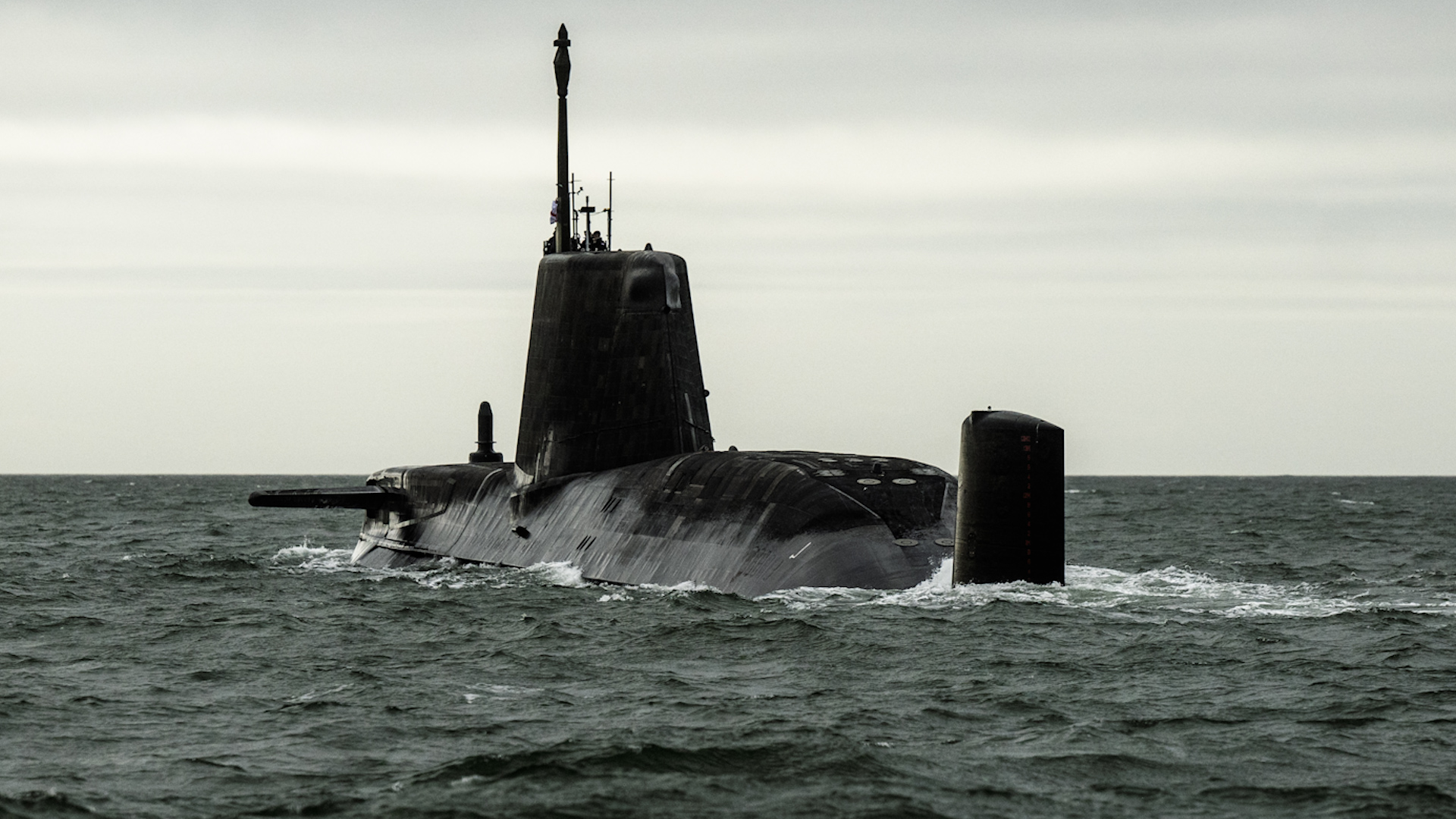
British military faces £17bn equipment black hole - biggest budget deficit since 2012

The Ministry of Defence's plans to build and purchase new weapons and defence capabilities over the next decade are unaffordable, the Government's spending watchdog has warned.
A report by the National Audit Office, entitled The Equipment Plan 2023 to 2033, found a deficit of £16.9bn - the largest since 2012 - which it described as a budget "black hole".
At the end of March this year the estimated costs were £305.5bn compared with a budget of £288.6bn, while last year's 10-year estimate was £2.6bn less than the available budget.
The NAO found the largest cost increases were in the MOD's nuclear and naval programmes.
The spending watchdog found the decision to prioritise delivering the replacement nuclear deterrent on schedule had led to cost increases of £38.2bn, a rise of 62%.
None of the main areas of expenditure, covering the likes of the Royal Navy and Royal Air Force, had an affordable equipment plan, the NAO found.
It said some costs for new projects had been included in the plan - but were not fully funded.
And new entries into the ship-building pipeline – including Type 32 frigates, Type 83 destroyers and multi-role ocean surveillance vessels – were unaffordable by £5.9bn against currently allocated budgets.
It said inflation had also contributed to the increased costs, but because the MOD had not received any additional funding to offset this, it would have to be managed within existing budgets.
The NAO also pointed out that the level of predicted spending did not take account of any additional cost pressures that might emerge when developing new capabilities and supporting existing ones.
Gareth Davies, the comptroller and auditor general of the NAO, said there had been a "marked deterioration" compared with the previous plan.
The watchdog said the MOD was not planning to cancel any programmes in the short-term because doing so would "limit the choices available to decision-makers at the next spending review".
Mr Davies said such a move was understandable, but letting programmes continue which were later cancelled, scaled down or deferred because they were unaffordable would represent poor value for money.
Shadow defence secretary John Healey said the report was "totally damning", and accused the Conservatives of failing the Armed Forces and the British taxpayer.
He said: "With war in Europe and a Middle East conflict, this risks leaving our Armed Forces without the equipment and troops they need to fight and fulfil our Nato obligations".
An MOD spokesperson responded: "Whilst this report recognises the significant impact global headwinds and high inflation has had on UK defence, it does not and could not accurately reflect the current or future state of the Armed Forces Equipment Plan.
"The report is not based on a full Equipment Plan and is a dated snapshot from April 2023.
"Our Armed Forces are operating in a world of increasing conflict, and this government is working to deliver what our servicemen and women need to keep Britain safe."







